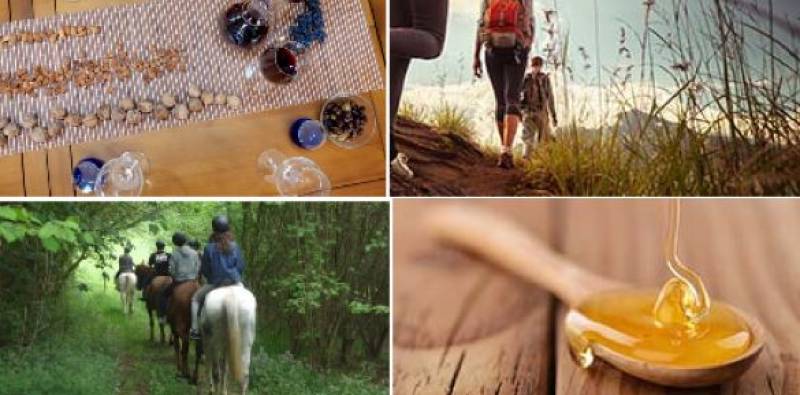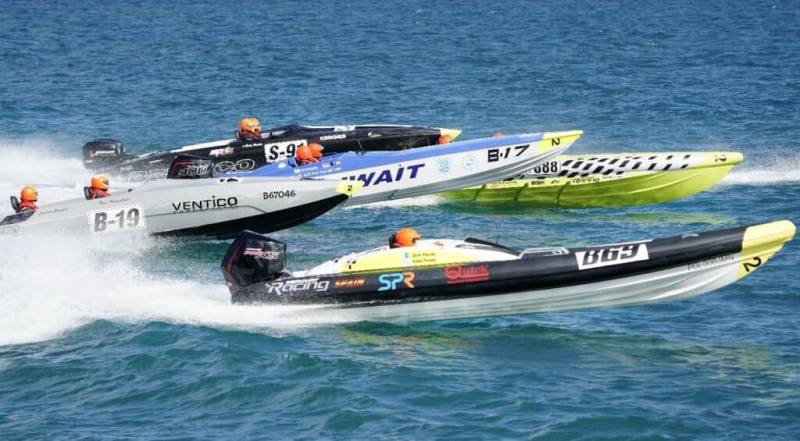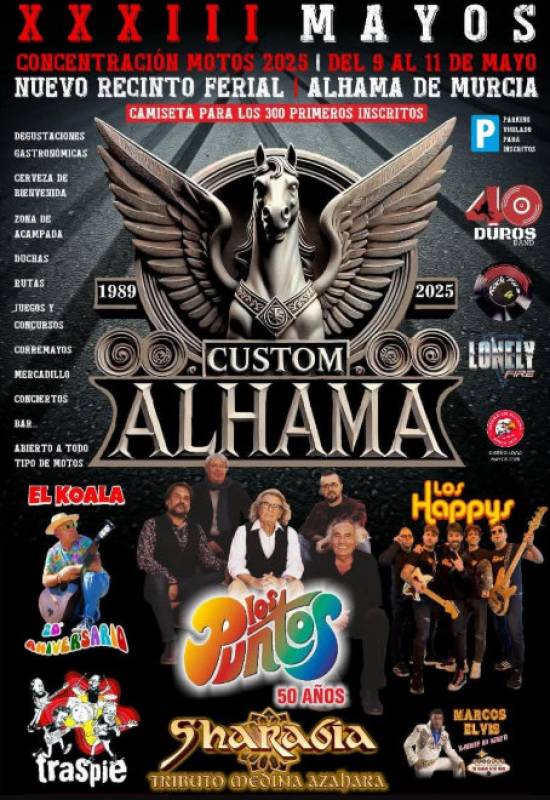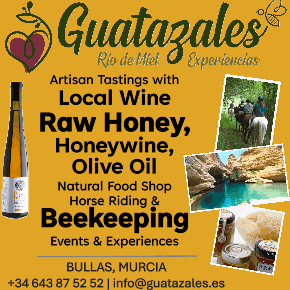- Region
- Águilas
- Alhama de Murcia
- Jumilla
- Lorca
- Los Alcázares
- Mazarrón
- San Javier
-
ALL AREAS & TOWNS
- AREAS
- SOUTH WEST
- MAR MENOR
- MURCIA CITY & CENTRAL
- NORTH & NORTH WEST
- TOWNS
- Abanilla
- Abarán
- Aguilas
- Alamillo
- Alcantarilla
- Aledo
- Alhama de Murcia
- Archena
- Balsicas
- Blanca
- Bolnuevo
- Bullas
- Cañadas del Romero
- Cabo de Palos
- Calasparra
- Camping Bolnuevo
- Campo De Ricote
- Camposol
- Canada De La Lena
- Caravaca de la Cruz
- Cartagena
- Cehegin
- Ceuti
- Cieza
- Condado de Alhama
- Corvera
- Costa Cálida
- Cuevas De Almanzora
- Cuevas de Reyllo
- El Carmoli
- El Mojon
- El Molino (Puerto Lumbreras)
- El Pareton / Cantareros
- El Raso
- El Valle Golf Resort
- Fortuna
- Fuente Alamo
- Hacienda del Alamo Golf Resort
- Hacienda Riquelme Golf Resort
- Isla Plana
- Islas Menores & Mar de Cristal
- Jumilla
- La Azohia
- La Charca
- La Manga Club
- La Manga del Mar Menor
- La Pinilla
- La Puebla
- La Torre
- La Torre Golf Resort
- La Unión
- Las Palas
- Las Ramblas
- Las Ramblas Golf
- Las Torres de Cotillas
- Leiva
- Librilla
- Lo Pagan
- Lo Santiago
- Lorca
- Lorquí
- Los Alcázares
- Los Balcones
- Los Belones
- Los Canovas
- Los Nietos
- Los Perez (Tallante)
- Los Urrutias
- Los Ventorrillos
- Mar De Cristal
- Mar Menor
- Mar Menor Golf Resort
- Mazarrón
- Mazarrón Country Club
- Molina de Segura
- Moratalla
- Mula
- Murcia City
- Murcia Property
- Pareton
- Peraleja Golf Resort
- Perin
- Pilar de la Horadada
- Pinar de Campoverde
- Pinoso
- Playa Honda
- Playa Honda / Playa Paraíso
- Pliego
- Portmán
- Pozo Estrecho
- Puerto de Mazarrón
- Puerto Lumbreras
- Puntas De Calnegre
- Region of Murcia
- Ricote
- Roda Golf Resort
- Roldan
- Roldan and Lo Ferro
- San Javier
- San Pedro del Pinatar
- Santiago de la Ribera
- Sierra Espuña
- Sucina
- Tallante
- Terrazas de la Torre Golf Resort
- Torre Pacheco
- Totana
- What's On Weekly Bulletin
- Yecla


- EDITIONS:
 Spanish News Today
Spanish News Today
 Alicante Today
Alicante Today
 Andalucia Today
Andalucia Today
article_detail
Unusual ways that words find a way into common use
Why do we say that and where does the phrase come from? Your questions answered...

Image: Chuttersnap / Unsplash
The English language in all its variants is one of the largest in the world, and there have been many routes for words to creep into common use over the years. From invasions to overenthusiastic professors, there have been plenty of forced changes, but below we're looking at some of the most interesting ways that we've picked up new words naturally.
Regional slang
With English now being spread across the globe in a dozen different native-speaking countries, it's natural that many words have been created in isolation. In some rare cases, however, those words end up feeding back into the wider English language and many of them we barely notice. The exchange has gone both ways, although thanks to TV and movies, the transfer from American to British English has been the most common.
In many cases, the words are so common that most aren't aware they aren't local. Asking someone 'what's up?' in the UK is likely to be universally understood but is in fact an American export, and you can use the phrase 'no worries' in both the US and UK easily despite it being most commonly linked with Australian speakers. It's a huge system of share and share alike.
Casino slang
Innovation and invention have been the starting point for a large portion of our vocabulary over the years and this still holds true for relatively new areas like casinos. Beginning with American English and spreading outwards, the amount of common language that has been derived from casino games is surprisingly large.
Some commonly used terms from online casinos include 'fold', originally from poker but now widely understood to mean 'collapse' or 'give up', and from the same place is 'bluffing' to pretend something is better than it is. From blackjack, we get 'bust', now used extensively in the business world for something to fail or break down, and that's not even mentioning the hundreds of ways we can use 'ace' in conversation.
Sport slang
Depending on where you go in the world, sports slang can be one of the most wildly different parts of the language. Naturally, British speakers will have many phrases like 'park the bus' drawn from soccer, while Americans are more likely to draw some like 'take a punt' from American football, but there are dozens more that have proven to be universal, especially from racing.

Image: Braden Collum / Unsplash
For example, if you watch coverage of elections or listen to business discussions about deadlines, you're most likely going to hear the phrase 'down to the wire' at some point, with the wire in this case originally being the finish line of a race. At the other end of the process, someone can 'jump the gun' and start out too quickly, another popular business phrase drawn this time from athletics, where a starting gun is fired to start the race.
These are just a small sample of how the English language picks up words and it's a never-ending process. Hundreds of new words get added officially every year, and don't be surprised when this year's newest and strangest slang becomes standard in just a few years!
Contact Murcia Today: Editorial 000 000 000 /
Office 000 000 000


















